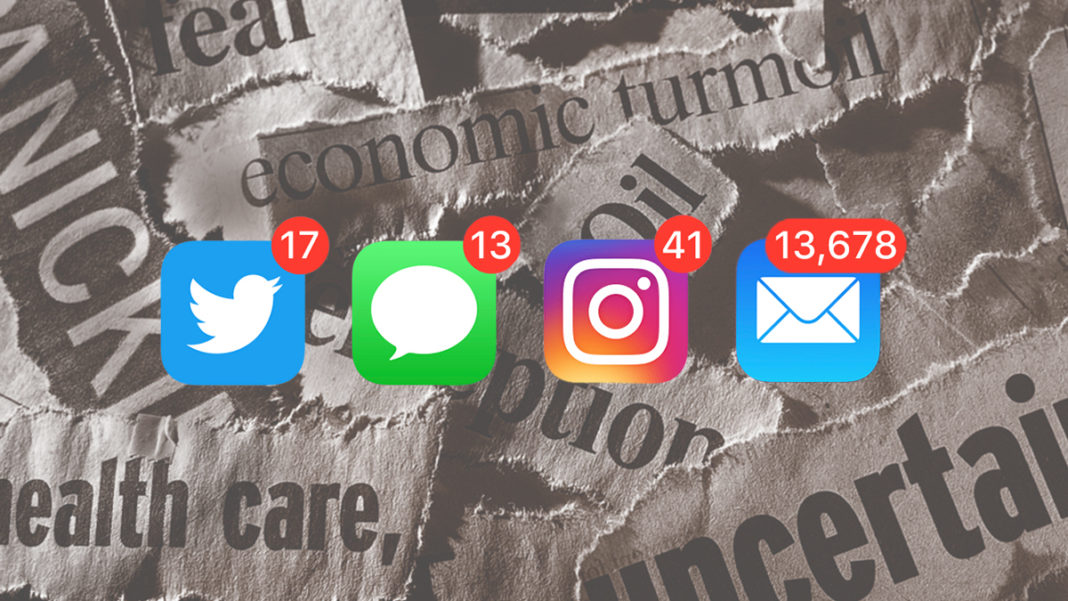There is increasing scientific evidence that the nonstop barrage of disturbing and infuriating stories impacts mental health. Studies show it can worsen feelings of anxiety, sadness and helplessness. People who were glued to coverage of the Boston Marathon bombings were more likely to report feeling more upset than those who were actually at or near the site.
Along similar lines, relentless exposure to Covid-19 news was associated with greater psychological distress. Negative news stories have also been shown to exacerbate personal worries that are unrelated to the content of the story itself. In other words, a story about a disheartening political situation can amplify concerns about your relationship with your partner. Catastrophizing is contagious.
News FOMO–fear of missing out on the latest headlines–creates a revolving door of rumination. Constantly checking for updates and doomscrolling in search of new information rarely yields better understanding. According to news surveys, following a breaking event provides the illusion of being in the know but is unlikely to boost your knowledge of the news.
How do we stay on top of the issues without feeling overloaded? While tempting, news avoidance is not the answer. Instead of burying your head in the sand like an ostrich, the key is to optimize how, when, and from where you get your news.
Here are a few tips that have helped me and my patients stay sane and avoid news-induced negativity:
1. Turn off notifications and digital alerts from news sources on all your devices.
2. Designate a time—either once or twice a day—to get your news fix from an established source, not social media. One of my favorite trusted sources is Jessica Yellin on Instagram. It’s news, not noise.
3. Read or watch stories that intelligently present digested and reliable information about what has happened.
4. Skip commentary and media that predict what might happen. Listening to pundits and so-called experts weigh in on the future is basically glorified gossip and of little value. Learn the facts, don’t follow opinions.
5. Avoid checking news first thing in the morning and before bed. It might hijack your day or interfere with your sleep.
6. Be deliberate about generating positive emotions on bad news days. Researchers have found that the best way to learn from negative emotions is to experience them alongside positive ones.
Once you gain control over how you get your news and where you get it from, not only will you be calmer and more productive, you will be better informed and in a position to make better decisions about what you want to do about it.
I wish you all the best,
Dr. Samantha Boardman






